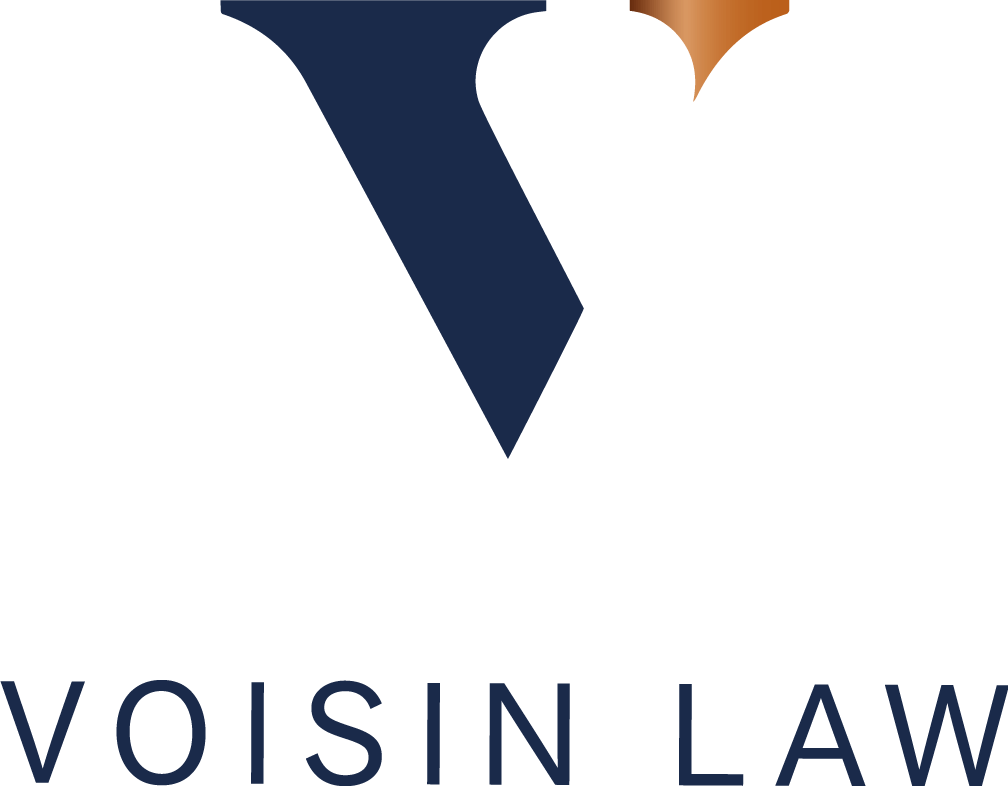
Jersey leads the way with economic substance legislation
Corporate and Commercial | 09/11/18
Jersey was the first jurisdiction in October 2018 to lodge new legislation in order to meet requirements of the EU Code of Conduct Group on Business Taxation regarding the need for relevant businesses to demonstrate economic substance in the Island.
The proposed legislation confirms Jersey’s continuous effort to remain a leading reputable international finance centre of substance committed to developing and maintaining the highest international standards of tax transparency and financial regulatory compliance. The financial services industry in Jersey believes that good corporate governance and high professional standards mean that most entities within the scope of the legislation will readily be able to demonstrate that they meet the requirements.
The Taxation (Companies – Economic Substance) Law was approved by the States Assembly on 6 December 2018. The new rules will take effect on 1 January 2019 and are expected to be incorporated into tax returns for companies for accounting periods commencing on or after that date.
What is proposed?
In summary, the proposals set out economic substance tests that a company regarded as resident in Jersey under article 123 of the Income Tax (Jersey) Law 1961 (the “Income Tax Law”) must satisfy in relation to certain activities (referred to as “relevant activities” in the draft legislation) carried on by it.
Relevant Activities
These activities cover nine defined categories: banking business, insurance business, fund management business, finance and leasing business, headquarters business, shipping business, holding company business, intellectual property holding business and distribution and service centre business.
The Economic Substance Test
In order to meet the economic substance test in relation to the relevant activity:
- the company must be directed and managed in Jersey with regard to that activity; the “directed and managed” test (which is different to the “management and control” test) will be satisfied if: the company’s board of directors, who must have the necessary knowledge and expertise to discharge their duties, meets in Jersey sufficiently frequently (having regard to the amount of decision making required) with the expectation that the majority of board meetings will be held in Jersey; there is a quorum of directors physically present in Jersey at such meetings; and the minutes of all such board meetings (which must be kept in Jersey) record the making of strategic decisions of the company at such meetings;
- there must be an adequate number of employees in relation to that activity physically present in Jersey (either employed by the resident company or another entity) and adequate expenditure and physical assets (offices and/or premises) or an adequate level of expenditure on outsourcing to service companies which is proportionate to/for the purposes of the activities of the company in Jersey; and
- the company must conduct core-income generating activity in Jersey or be able to monitor and control the carrying out of such activity in Jersey by another entity on its behalf.
Core-income generating activities to take place or to be carried out in Jersey in relation to each relevant activity may include the following:
- banking business: raising funds, managing risk, providing loans, managing regulatory capital and preparing regulatory reports and/or returns;
- insurance business: predicting and calculating risk and providing client services;
- fund management business: taking decisions on the holding and selling of investments, calculating risks and reserves, interest fluctuations and/or hedging positions and preparing relevant regulatory and/or other reports for government authorities and investors;
- finance and leasing business: agreeing funding terms, identifying or acquiring assets to be leased (in the case of leasing), setting the terms and duration of acquiring assets to be leased (in the case of leasing), monitoring and revising agreements and managing any risk;
- headquarters business: taking relevant management decisions, incurring expenses on behalf of group entities and co-ordinating group activities;
- shipping business: managing the crew (which includes hiring, paying and overseeing crew members), hauling and maintaining ships, overseeing and tracking deliveries, determining what goods to order and when to deliver them and organising and overseeing voyages;
- holding company business: confirmation will be required from companies purely holding equities that all relevant corporate law and tax filing requirements have been met. If a holding company conducts other relevant activities then it will be subject to the requirements associated with that activity;
- intellectual property holding business; these companies will need to satisfy more stringent requirements such as being able to demonstrate the existence in Jersey of research and development, branding or distribution, carrying on underlying trading activities and strategic decision making; and
- distribution and service centre business: transporting and storing goods, components and materials, managing stocks, taking orders and providing consulting or other administrative services.
It is not necessary for the company to perform all of the relevant core-income generating activities in order to demonstrate economic substance. A company resident in Jersey under the Income Tax Law will not be required to satisfy the economic substance test if it has no gross income in relation to a relevant activity carried on by it.
Non compliance
The legislation includes sanctions for non-compliance such as reporting to relevant tax/regulatory authorities in the EU and certain financial penalties with the ultimate sanction resulting in the striking off of the company from the register of companies in Jersey.
Annual returns
It is believed that corporate income tax returns for the year of assessment commencing 2019 for companies carrying on relevant activities will need to include details relating to the business activity, premises, number of employees and the type/amount of gross income, expenses and assets. The company is responsible for ensuring that accurate information is reported on its return and this obligation also includes details of resources employed by its service providers.
Further guidance
It is anticipated that further regulatory guidance will be issued shortly. The Voisin team will keep you updated with all the latest developments.
Why use Voisin?
Our focused, proactive and friendly team provides efficient, seamless and prompt advice and boasts a portfolio of clients which includes some of the world’s leading players. Our close relationship with local regulatory authorities, service providers and advisers worldwide enables us to work as part of any team.
We are passionate about our work and strive for excellence in everything we do.
For further information or specific advice, please contact Jeffrey Giovannoni or Kate Anderson of Voisin.
This note is intended to provide a brief rather than a comprehensive guide to the subject under consideration. It does not purport to give legal or financial advice that may be acted or relied upon. Specific professional advice should always be taken in respect of any individual matter.













